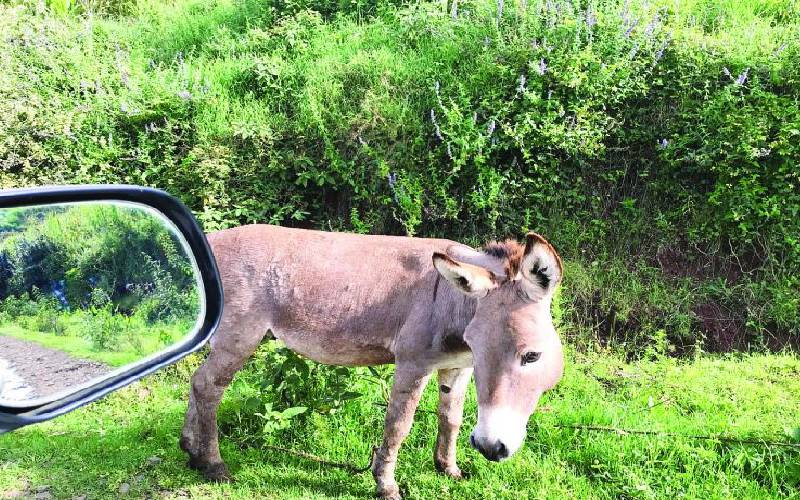×
The Standard e-Paper
Stay Informed, Even Offline

The number of cars in Kenya has risen and paradoxically, so has the number of donkeys. Long before the demand of donkeys went up, thanks to medicinal use of their skin in China, donkeys were a common site in the countryside.